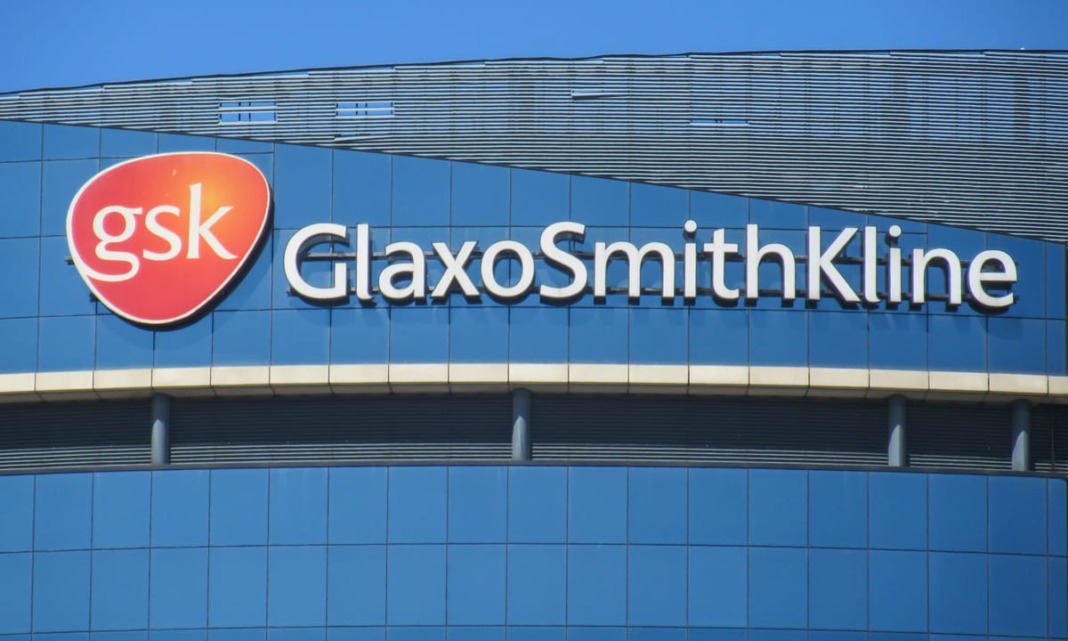In a move that has sparked concerns over access to essential healthcare products, GSK UK Group has announced its strategic intent to halt the commercialization of prescription medicines and vaccines. GlaxoSmithKline Consumer Nigeria PLC received official communication of this decision, which was disclosed through an official statement signed by Company Secretary, Frederick Ichekwai, and submitted to the Nigeria Exchange Limited (NGX).
According to GSK’s unaudited financial statement for the first half of 2023, the company cited challenges with accessing foreign exchange (forex) as the reason behind its decision. This disruption in the availability of drugs has raised fears among healthcare professionals and the public about potential health implications.
As part of its plans to ensure a continuous supply of consumer healthcare products, GSK revealed its intention to appoint a local third-party distributor. The company emphasized that it is taking every possible step to limit the period of time during which the market will face shortages of their medicines and vaccines. Ensuring patients’ access to essential healthcare products remains a top priority for the pharmaceutical giant.
Implications of GSK Exit From Nigeria

photo credit- pinterest
The decision by GSK to withdraw its commercialization of prescription medicines and vaccines raises several concerns regarding the health implications fors, and they include;
Limited Access to Vital Medications and Vaccines: GSK is a major player in the pharmaceutical industry, and its products have been integral in treating a wide range of medical conditions and preventing diseases through vaccinations. With GSK’s departure from the prescription medicine and vaccine market, patients could face challenges in accessing crucial medications and vaccines, leading to potential health risks and increased vulnerability to preventable diseases.
In Nigeria, like in many other countries, pharmaceutical companies play a significant role in providing access to essential medicines. GSK’s decision to cease commercialization could exacerbate existing challenges within the healthcare system, such as shortages of vital drugs. Patients suffering from chronic conditions such as diabetes, hypertension, and respiratory illnesses may be most affected by this change, as these diseases require regular and continuous treatment with prescription medications.
Potential Healthcare System Strain: The departure of GSK may place additional strain on Nigeria’s already overburdened healthcare system. As the demand for alternative medications and vaccines rises, healthcare providers might encounter difficulties in sourcing suitable replacements, especially for specialized treatments.
Pharmaceutical companies often work closely with healthcare providers and regulatory bodies to ensure that medications are readily available and adhere to strict quality standards. The sudden removal of GSK’s products from the market could lead to supply gaps, creating challenges for physicians in prescribing suitable alternatives and adjusting treatment plans for their patients.
Impact on Chronic Disease Management: Patients with chronic health conditions who rely on GSK medications to manage their illnesses might find it challenging to switch to alternative drugs or treatment options. Ensuring a smooth transition to new therapies and maintaining consistent treatment regimens will be crucial to avoid exacerbation of existing health conditions.
In some cases, patients may require specific dosage forms, formulations, or combinations that are unique to GSK’s products. Switching to other medications that may not have the same efficacy or tolerability could result in compromised health outcomes for these patients. Healthcare providers will need to closely monitor such transitions to minimize any adverse effects on patients’ health.
Vaccine Availability and Immunization Efforts: Nigeria has been striving to improve its vaccination rates to combat infectious diseases. GSK’s withdrawal from the vaccine market could hinder immunization efforts, potentially leaving communities vulnerable to outbreaks of preventable diseases.
Vaccination campaigns have been vital in reducing the burden of diseases like measles, polio, and other vaccine-preventable illnesses. GSK’s vaccines have played a crucial role in these efforts. The absence of GSK’s vaccines could lead to delays in immunization programs, potentially resulting in a resurgence of preventable diseases and posing significant risks to public health.
In response to concerns about employees and shareholders, GSK has assured stakeholders that all necessary legal proceedings will be met. The company is engaging actively with relevant authorities and stakeholders to explore solutions for a sustainable supply of medicines and vaccines.
Health authorities and the government may need to explore alternative strategies to mitigate the potential health implications of GSK’s departure. Collaborating with other pharmaceutical companies to fill the void left by GSK, streamlining regulatory processes, and incentivizing local production of essential healthcare products could be potential approaches to address the challenges arising from this decision.
As the situation unfolds, it remains critical for all stakeholders, including healthcare professionals, regulators, and the public, to work together to ensure that the health and well-being of citizens are safeguarded, and access to vital healthcare products is sustained. Preserving the availability of essential medications and vaccines is crucial in safeguarding public health and improving the overall quality of life for the people of Nigeria.



